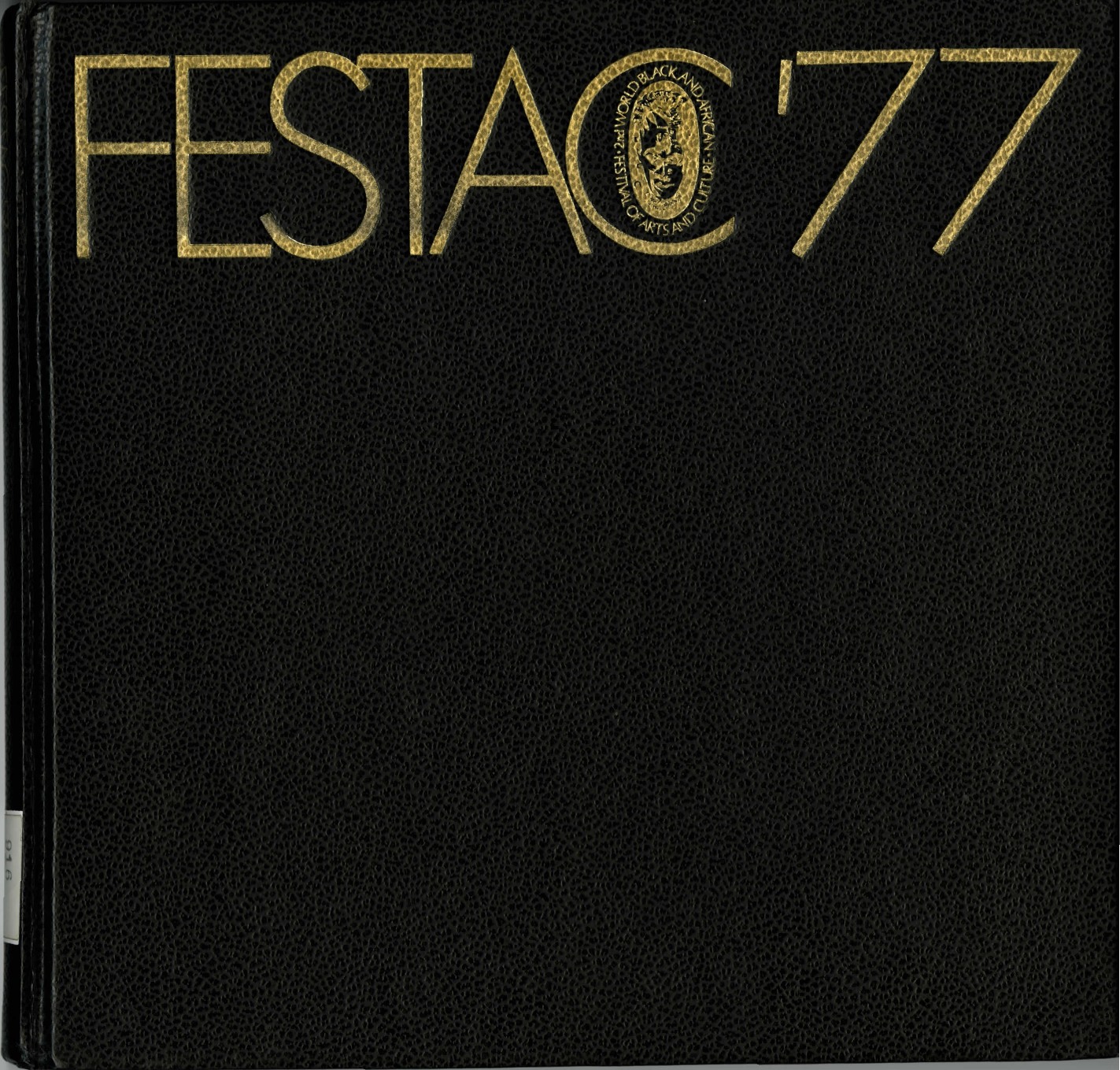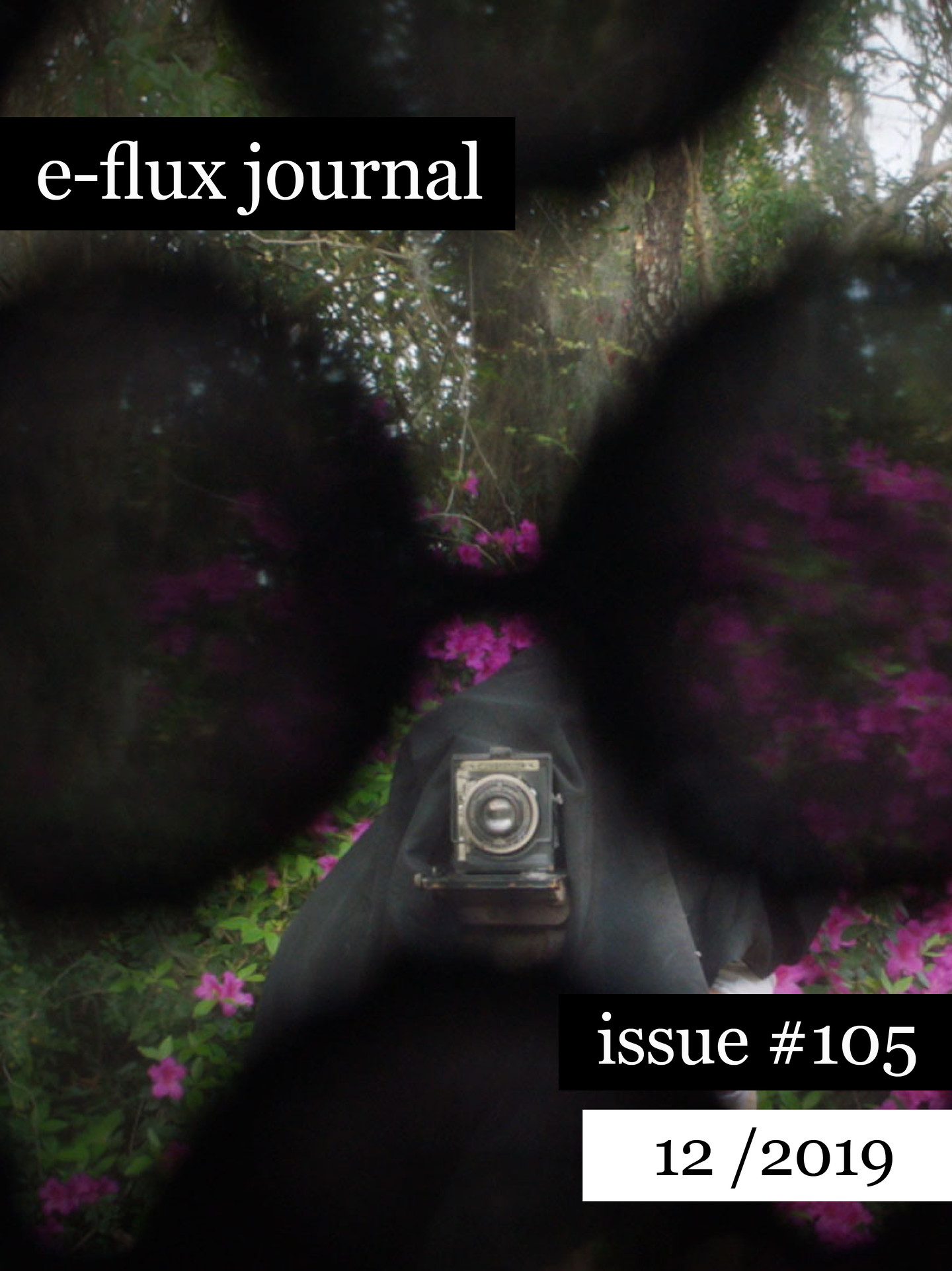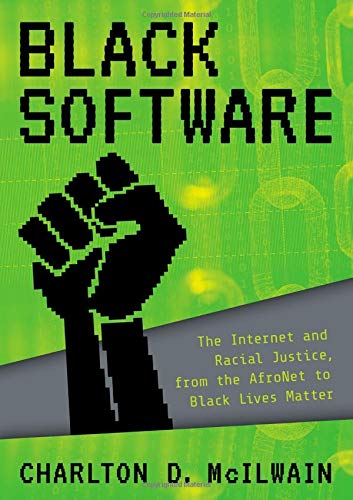FESTAC ’77 (1977)
Filed under book | Tags: · africa, art, black people, caribbean, diaspora, film, literature, music, négritude, pan-africanism, poetry

“Festac ’77, also known as the Second World Black and African Festival of Arts and Culture (the first was in Dakar, 1966), was a major international festival held in Lagos, Nigeria, from 15 January 1977 to 12 February 1977. The month-long event celebrated African culture and showcased to the world African music, fine art, literature, drama, dance and religion. About 16,000 participants, representing 56 African nations and countries of the African Diaspora, performed at the event.
Artists who performed at the festival included Stevie Wonder from United States, Gilberto Gil from Brazil, Bembeya Jazz National from Guinea, Mighty Sparrow from Trinidad and Tobago, Les Ballets Africains, South African Miriam Makeba, and Franco Luambo Makiadi. At the time it was held, it was the largest pan-African gathering to ever take place.” (Wikipedia)
Publisher Africa Journal Limited, London, and International Festival Committee, Lagos, 1977
152 pages
via Abdul Alkalimat
Film documentary (UNESCO, 1977, 26 MB)
Commentary: Arthur Monroe (Black Scholar, 1977), Iris Kay (African Arts, 1977), J. Southern (Black Perspective in Music, 1977), Moyibi Amoda (book-length evaluation, 1978, 80 MB).
PDF (134 MB)
Related documents:
General Programme (25 MB)
General Colloquium Programme (7 MB)
Visitors Guide to the Festival (2 MB)
Spotlight (2 MB)
Additional documentation (ed. Abdul Alkalimat)
e-flux journal, 105: Loophole of Retreat (2019)
Filed under magazine | Tags: · art, black people, feminism, film, poetry, race, women

“On April 27, 2019, the Solomon R. Guggenheim Museum was the site of a very special convening. It was the brainchild of Simone Leigh, and shared its title with her 2019 exhibition at the museum. Organized by Leigh, Saidiya Hartman, and myself, ‘The Loophole of Retreat’ was an exhilarating, rejuvenating, and inspirational daylong gathering dedicated to the intellectual life of black women that brought together an international constellation of writers, artists, poets, filmmakers, and activists. This special issue of e-flux journal seeks to lift up the extraordinary voices, thoughts, and conversations that emerged at the convening and share them with a wider audience. In doing so, I and my coeditors, Leigh and Hartman, seek to extend the dialogues of the ‘Loophole’ in the hope of including others and inspiring future gatherings which, like the Guggenheim convening, will honor and celebrate the intellectual and creative labor of black women.” (Tina M. Campt)
Contributions by Simone White, Sharifa Rhodes-Pitts, Rizvana Bradley, Dionne Brand, Zakiyyah Iman Jackson, Christina Sharpe, Vanessa Agard-Jones, Grada Kilomba, Françoise Vergès, Denise Ferreira da Silva, Okwui Okpokwasili, Lorraine O’Grady, Annette Lane Harrison Richter, Madeleine Hunt Ehrlich, and Asiya Wadud.
Edited by Tina Campt, Saidiya Hartman, and Simone Leigh
Publisher e-flux, New York, Dec 2019
ISSN 2164-1625
Charlton D. McIlwain: Black Software: The Internet and Racial Justice, from the AfroNet to Black Lives Matter (2020)
Filed under book | Tags: · activism, afronet, black people, computing, history of computing, history of technology, internet, race, racism, technology

“Activists, pundits, politicians, and the press frequently proclaim today’s digitally mediated racial justice activism the new civil rights movement. As Charlton D. McIlwain shows in this book, the story of racial justice movement organizing online is much longer and varied than most people know. In fact, it spans nearly five decades and involves a varied group of engineers, entrepreneurs, hobbyists, journalists, and activists. But this is a history that is virtually unknown even in our current age of Google, Facebook, Twitter, and Black Lives Matter.
Beginning with the simultaneous rise of civil rights and computer revolutions in the 1960s, McIlwain, for the first time, chronicles the long relationship between African Americans, computing technology, and the Internet. In turn, he argues that the forgotten figures who worked to make black politics central to the Internet’s birth and evolution paved the way for today’s explosion of racial justice activism. From the 1960s to present, the book examines how computing technology has been used to neutralize the threat that black people pose to the existing racial order, but also how black people seized these new computing tools to build community, wealth, and wage a war for racial justice.
Through archival sources and the voices of many of those who lived and made this history, Black Software centralizes African Americans’ role in the Internet’s creation and evolution, illuminating both the limits and possibilities for using digital technology to push for racial justice in the United States and across the globe.”
Publisher Oxford University Press, 2020
ISBN 9780190863845, 0190863846
xi+296 pages
Video interview with author (Morning Joe, MSNBC, 2019).
Podcast interview with author (The Human and the Machine, 2019).
Reviews: Lori Emerson (LA Review of Books, 2021), Brian Alleyne (Computational Culture, 2021).
PDF (7 MB)
Comment (0)
